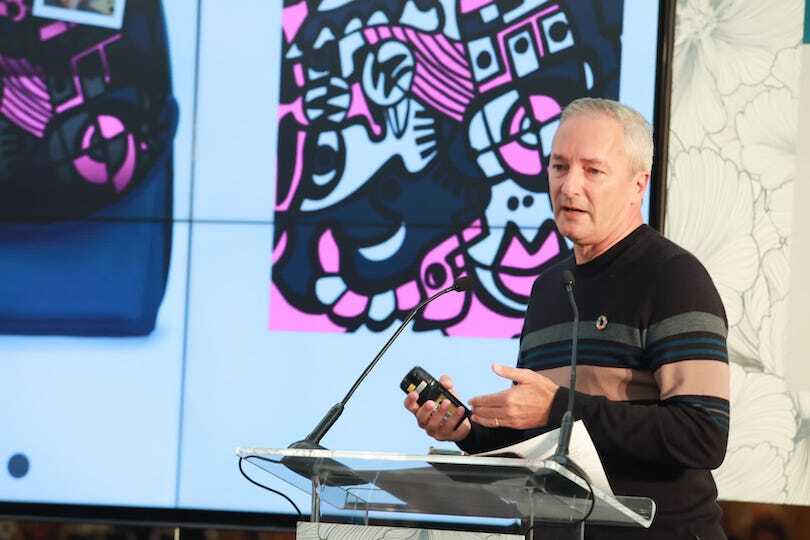How travel can do branded gifting better
Travel brands should not be producing branded gifts for clients unless they have a clear strategy, and use recycled materials.
That was the advice from branded merchandise specialist MaCher to delegates at the TTG Luxury Travel Summit.
MaCher founder Derek Hydon, who has created promotional gifts for cruise lines and tour operators for more than 30 years, gave travel businesses a stark warning about the impact of poorly planned and poorly designed branded products.
“I’ve been part of a very dirty business,” he admitted. “Ultimately, providing guests with branded products is an extractive business, often using destructive techniques, and without a clear strategy those gifts are often thrown away,” he warned.
“But with a clear strategy based on insight, branded products can solve some of our business challenges, and truly connect with travellers in a meaningful way,” he argued.
Hydon insisted that every product that carries branding can and should now be made out of recycled materials.
“Five years ago, products from recycled materials were plasticky and crap,” he agreed. “But now, the quality is very high, and sustainable materials do increase the perception of value.”
He revealed the findings of various experiments conducted by MaCher over the last two years, including proof of the “peak end” rule, by which the last moments of an experience are what people remember most clearly.
“Like that little chocolate that Swiss hands out just before the plane lands - that’s what I remember most about the journey,” he explained.
He described how MaCher worked with client Viking Cruises to improve customer satisfaction scores around their guests’ journeys home by air.
The cruise line found that NPS scores for the flight home were low, despite the stress and delays of the air experience being out of the cruise line’s control.
MaCher created branded flight kits for Viking, containing a note thanking guests for their business and wishing them a more comfortable journey home. Through A/B testing, MaCher was able to demonstrate the flight kits led to a significant increase in NPS scores.
Hydon also urged luxury brands to remember the ‘experiential happiness’ rule, by which 50% of the happiness of travel is experienced pre-trip, when travellers are anticipating the journey or holiday. “That’s when they’ve paid their deposit, they’re excited, they’re telling friends,” he explained.
Sending thoughtful, sustainably produced gifts to clients at this point - instead of communicating only about insurance and final payment and so on - had been proven to amplify the customer’s bragging rights, and also reduce cancellations, he revealed.
He urged travel brands to include local communities in product creation wherever possible, citing the example of a backpack MaCher designed for Holland America which incorporated a design by a local indigenous artist in Alaska. Cruise guests could then visit the artist’s studio on a shore excursion.
Hydon also urged delegates to talk to their supply chain about sustainability, and to find new business partners if their existing suppliers are unwilling to contribute to their sustainability goals.











